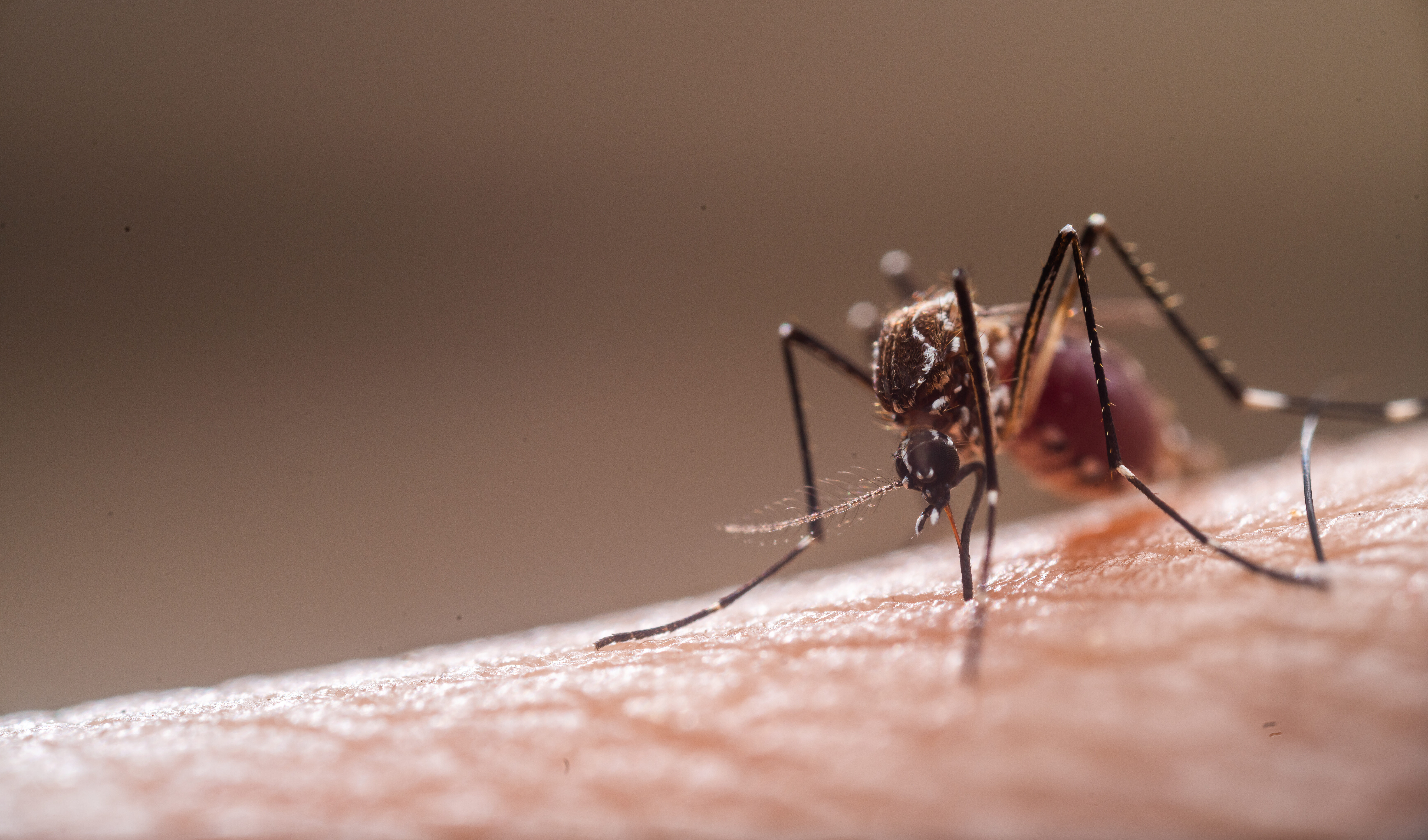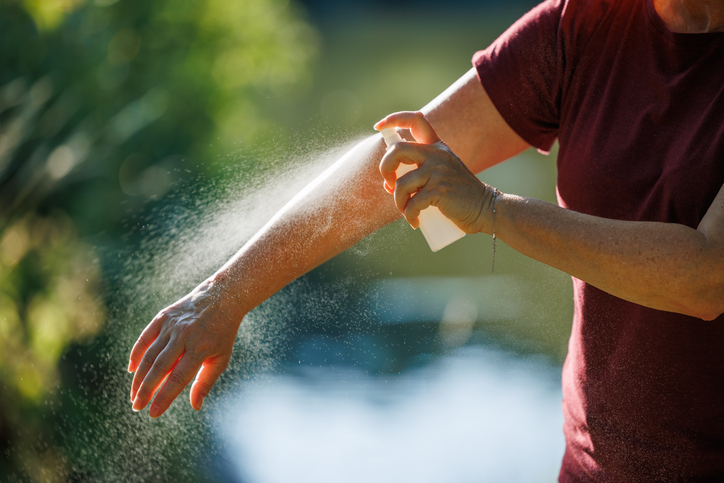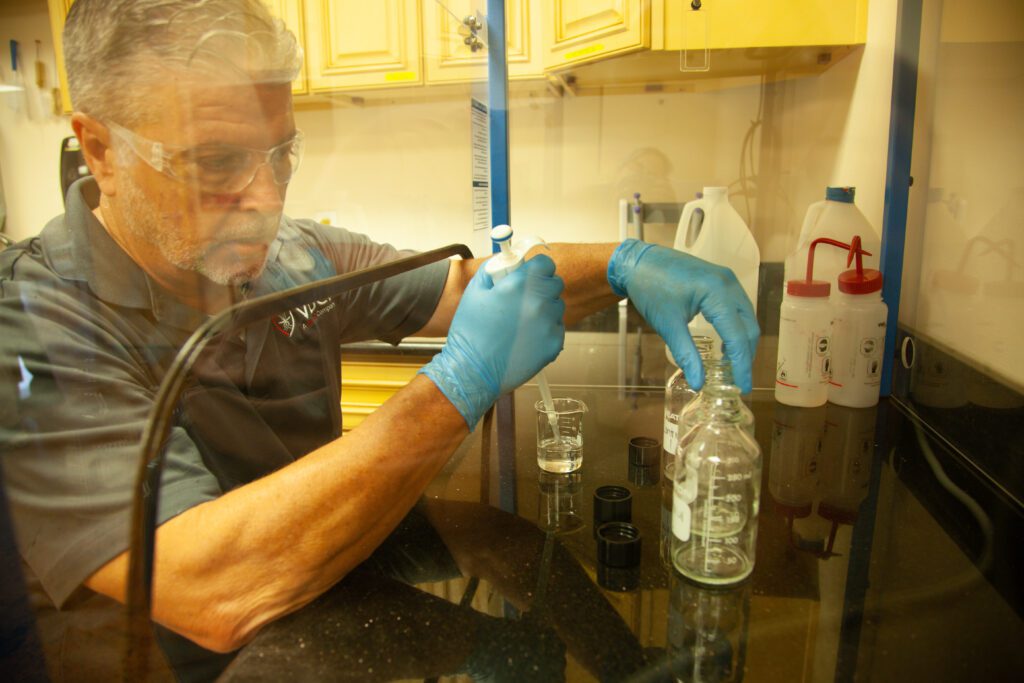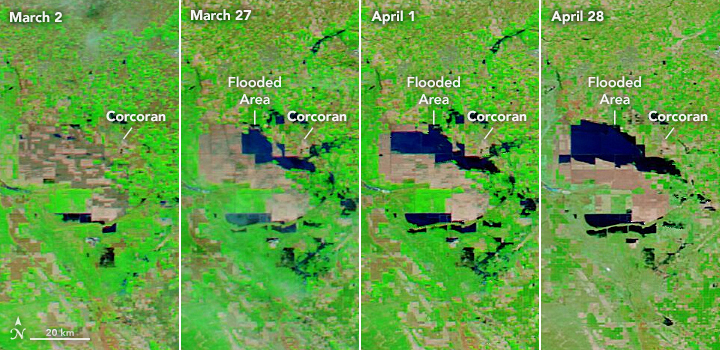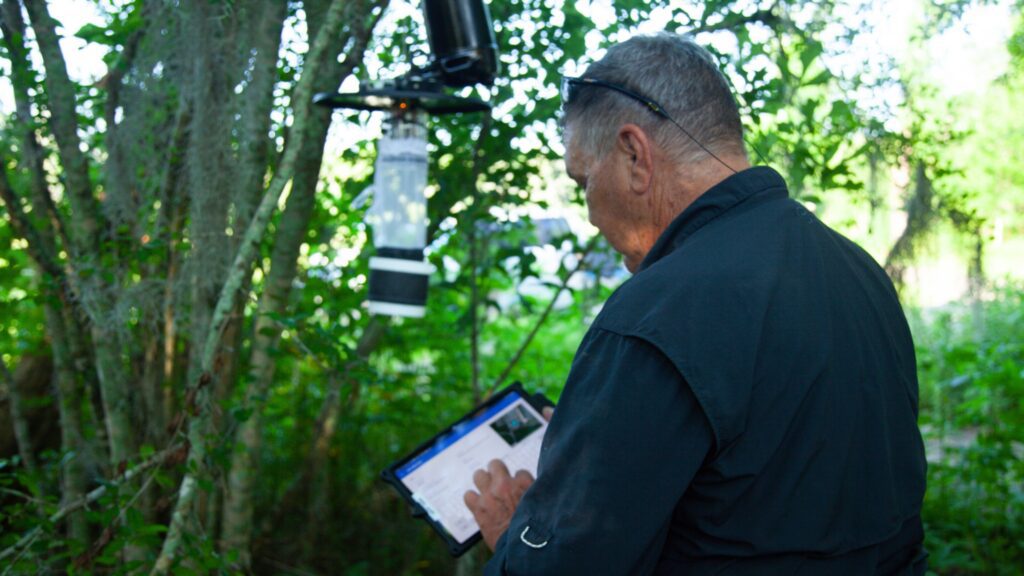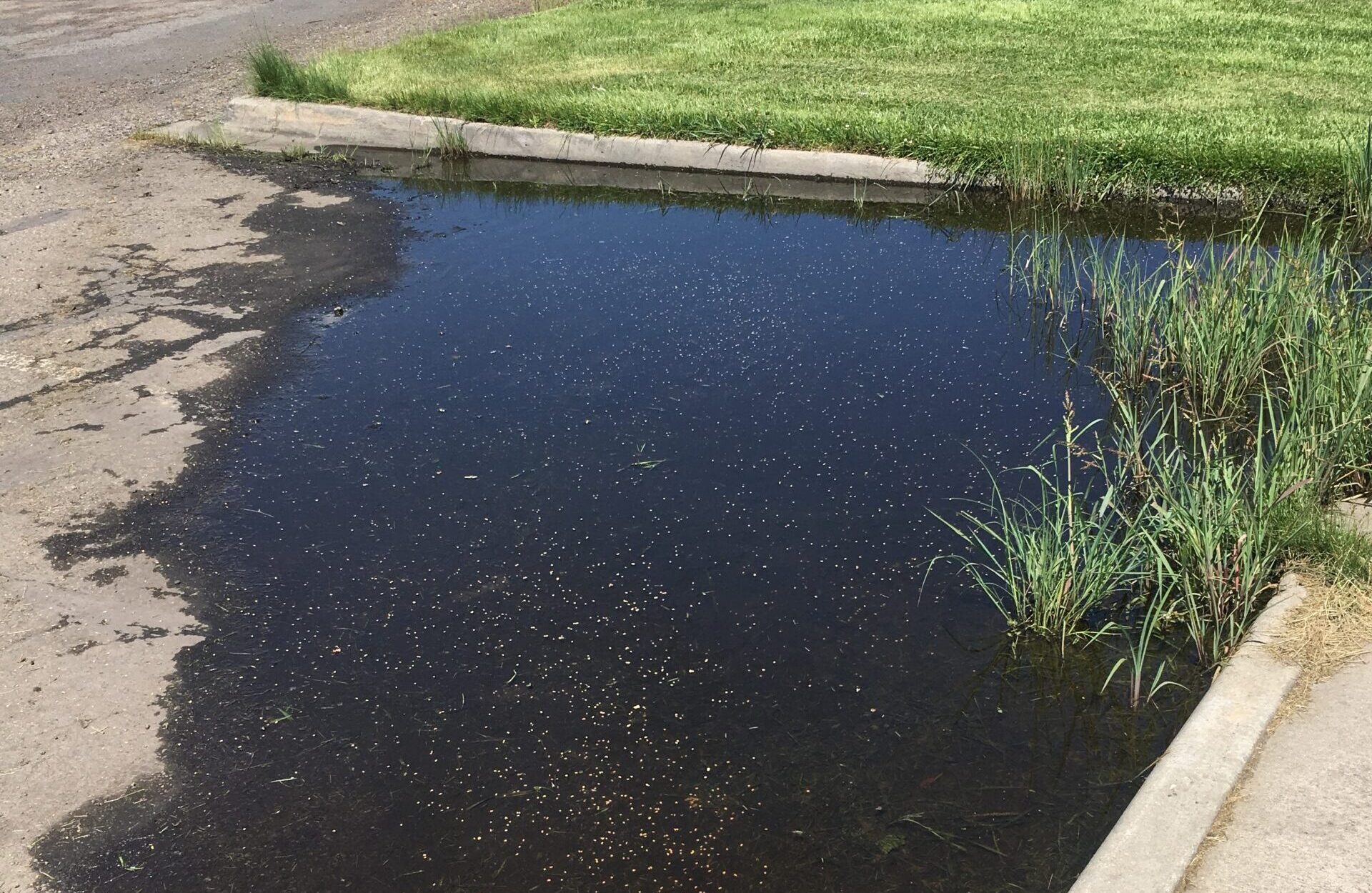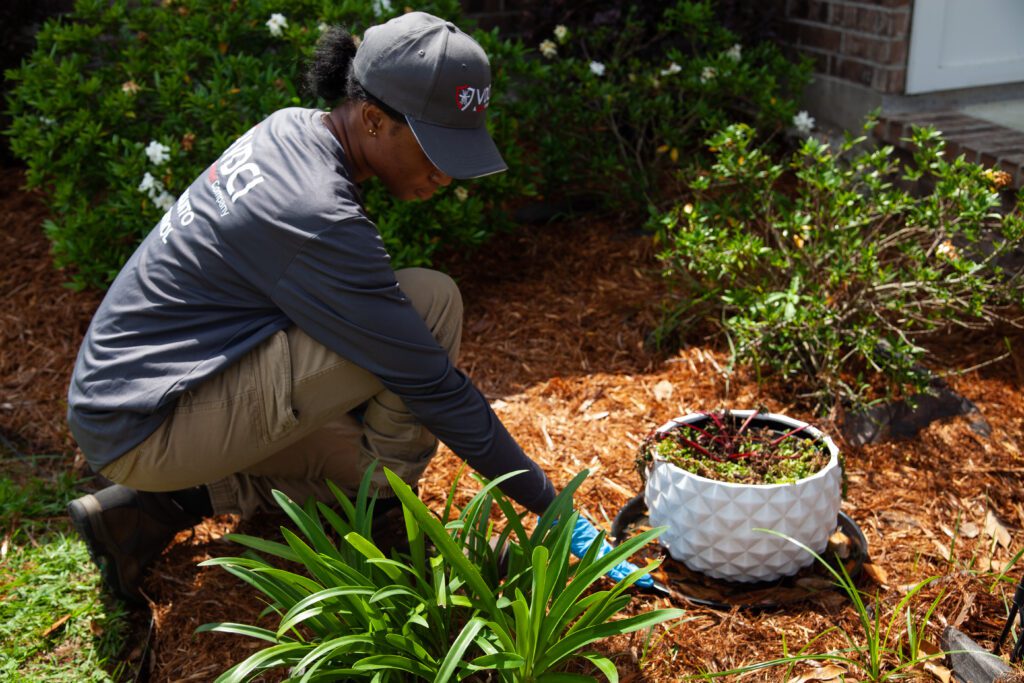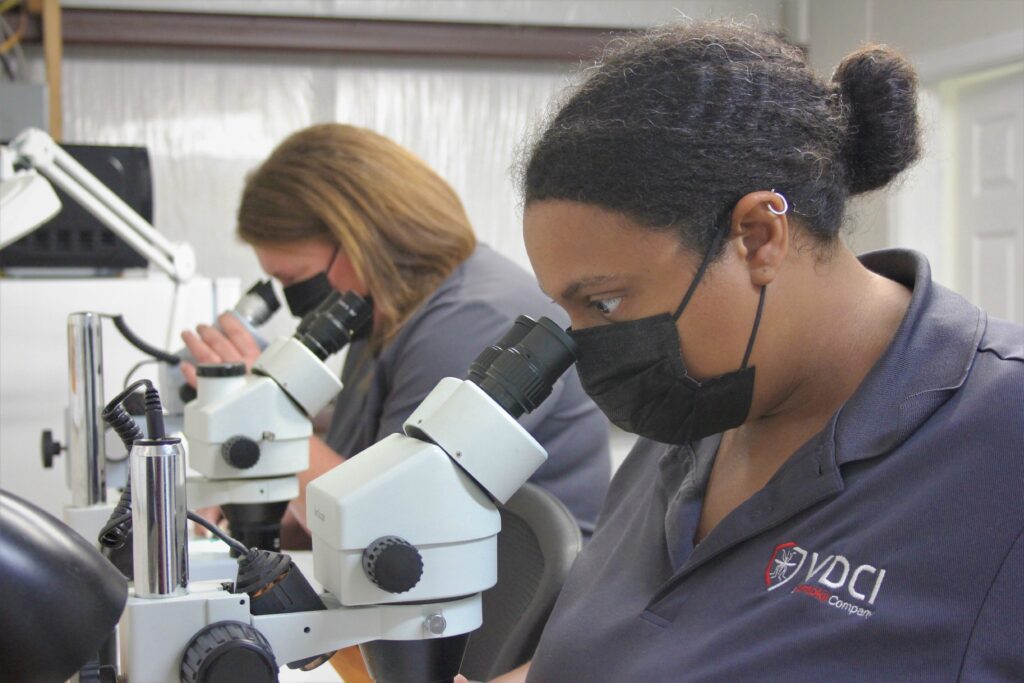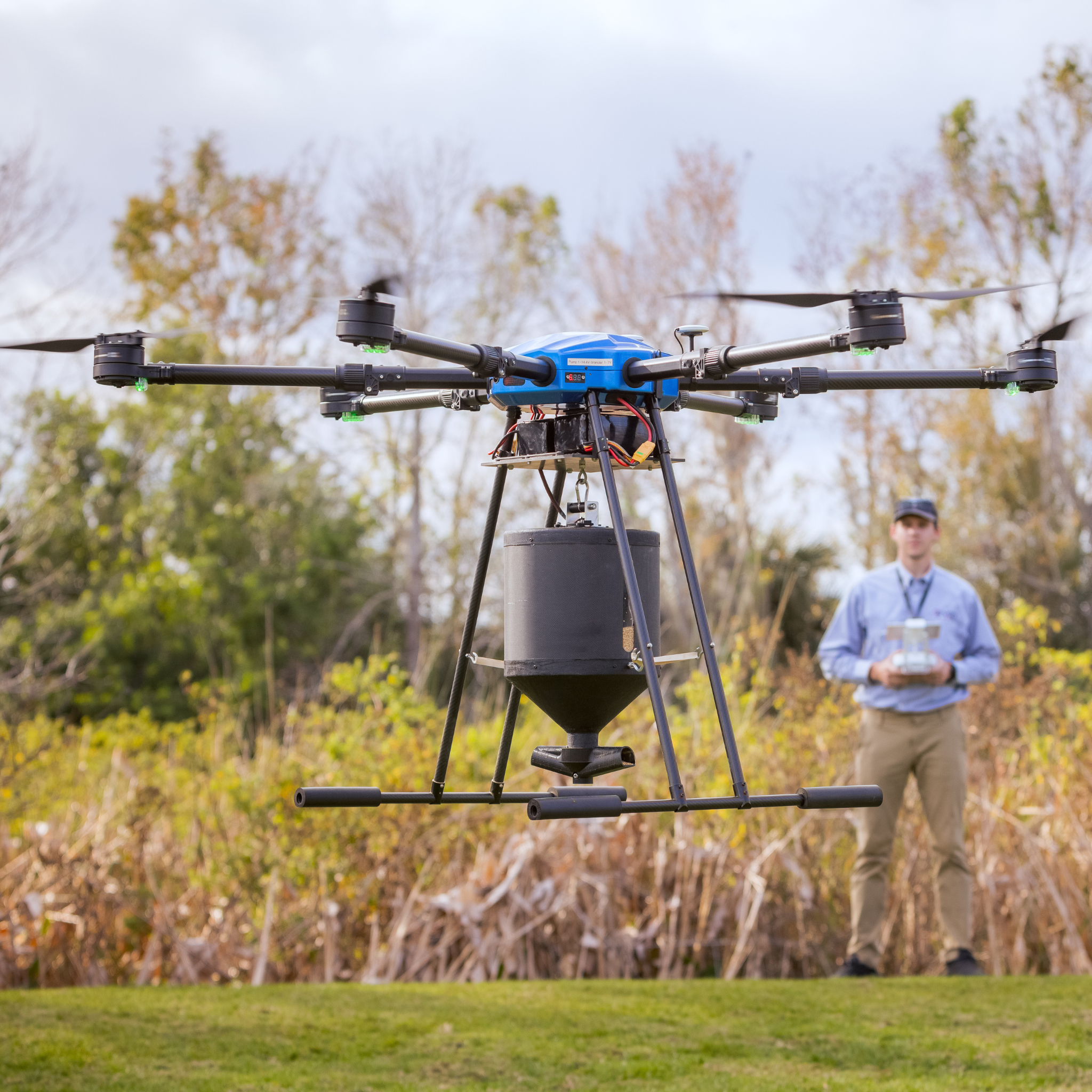Why Mosquito Control Programs Differ Across Communities
To those less familiar with mosquito control, it might seem straightforward. However, mosquito management approaches can vary widely from county to county and city to city. Whether a mosquito program is managed in-house by city or county departments such as public works or environmental services, or outsourced to contractors like VDCI, there’s no one-size-fits-all approach.
Each jurisdiction designs its program around many factors, including local mosquito species, community populations, surrounding geography, community management goals and desires, and available budget. The products and methods used for controlling mosquitoes can also vary greatly. Decisions are guided by the targeted mosquito species, their unique behaviors, and scientific analysis of resistance mechanisms within the local mosquito population. These insights help determine which control products will be most effective and whether ground-based, aerial, or a combination of methods should be used.


Matching Application Methods to Environments
The targeted mosquito species also influences whether ground-based methods are sufficient or if aerial applications are necessary for effective control. Some salt-marsh species like Aedes sollicitans and Aedes taeniorhynchus are strong flyers capable of traveling several miles from their breeding grounds. Others, such as the Asian tiger mosquito (Aedes albopictus), stay much closer to home—typically within 50 meters of small, artificial containers like buckets, flower saucers, pet bowls, and clogged gutters, often found in urban settings.

Furthermore, each city and county faces its own set of operational and environmental challenges that shape how mosquito control is approached. Terrain, climate, and the types of mosquitoes present can differ significantly, even within the same state. For instance, the coastal marshes of eastern Virginia can face very different challenges than the mountainous landscapes in the western part of the state. These distinctions play a critical role in shaping program design.

Challenges Facing Public Mosquito Programs
While many jurisdictions have sophisticated mosquito management programs and employ experienced entomologists and experts, others simply lack the resources. Some may be limited by budgets, insufficient manpower, or competing priorities. For example, mosquito control may take a backseat to urgent infrastructure issues like road repairs or sewer maintenance. Incorporation status can also influence coverage. Some unincorporated areas may be excluded from county-managed programs, leading to gaps in mosquito control.

Bridging the Gap with Specialized Teams
Contractors like VDCI can step in to bridge these gaps. Unlike municipal staff who often juggle multiple responsibilities, our team of experienced technicians and entomologists is solely dedicated to mosquito management. We stay current on emerging technologies, maintain required certifications, and continuously invest in specialized training. This focus allows us to respond quickly and strategically when mosquito threats arise. Meanwhile, some city or county employees may struggle to keep up with credentialing requirements or respond as swiftly amid competing demands.

Programs Designed Around Your Community’s Needs
No matter your level of need, VDCI has the technical expertise to run or support your program and collaborate with local leaders and stakeholders. Our Integrated Mosquito Management (IMM) programs are designed around each jurisdiction’s specific goals and budget. Essential strategies like surveillance, disease testing, and larval and adult mosquito control, and public education can be adapted as needed to keep your community safe. Together, we can develop a program that meets your immediate needs and remains effective over time.

Contact Our Experts
Complete the form below or call us at 800-413-4445 to speak to an expert about your mosquito management needs.
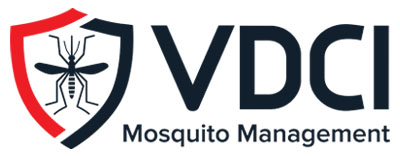 Since 1992, Vector Disease Control International (VDCI) has taken pride in providing municipalities, mosquito abatement districts, industrial sites, planned communities, homeowners associations, and golf courses with the tools they need to run effective mosquito control programs. We are determined to protect the public health of the communities in which we operate. Our mosquito control professionals have over 100 years of combined experience in the field of public health, specifically vector disease control. We strive to provide the most effective and scientifically sound mosquito surveillance and control programs possible based on an Integrated Mosquito Management approach recommended by the American Mosquito Control Association (AMCA) and Centers for Disease Control and Prevention (CDC). VDCI is the only company in the country that can manage all aspects of an integrated mosquito management program, from surveillance to disease testing to aerial application in emergency situations.
Since 1992, Vector Disease Control International (VDCI) has taken pride in providing municipalities, mosquito abatement districts, industrial sites, planned communities, homeowners associations, and golf courses with the tools they need to run effective mosquito control programs. We are determined to protect the public health of the communities in which we operate. Our mosquito control professionals have over 100 years of combined experience in the field of public health, specifically vector disease control. We strive to provide the most effective and scientifically sound mosquito surveillance and control programs possible based on an Integrated Mosquito Management approach recommended by the American Mosquito Control Association (AMCA) and Centers for Disease Control and Prevention (CDC). VDCI is the only company in the country that can manage all aspects of an integrated mosquito management program, from surveillance to disease testing to aerial application in emergency situations.


